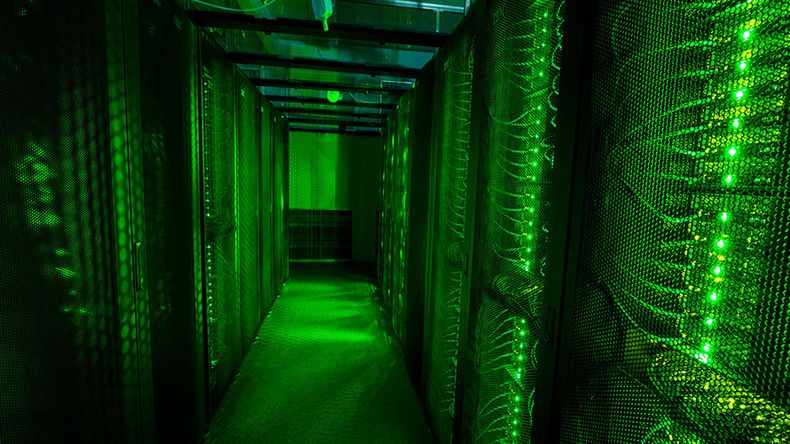Researchers have taken on the problem of reducing a super computer the size of a basketball field to that of a book. The answer is “biocomputers” – incredibly powerful machines capable of performing multiple calculations with a fraction of energy.
According to study coordinator Heiner Linke, who heads nanoscience at Lund University in Sweden, “a biocomputer requires less than one percent of the energy an electronic transistor needs to carry out one calculation step.”
A biocomputer is useful because ordinary computers are incapable of solving combinational problems, such as those dealing with cryptography or other tasks requiring that a multitude of possible solutions be considered before deciding on the optimal one. These already exist, but the new research from Lund tackles the key problems of scalability and energy efficiency.
